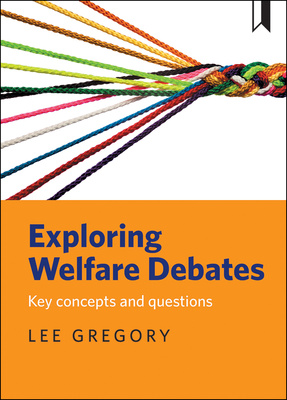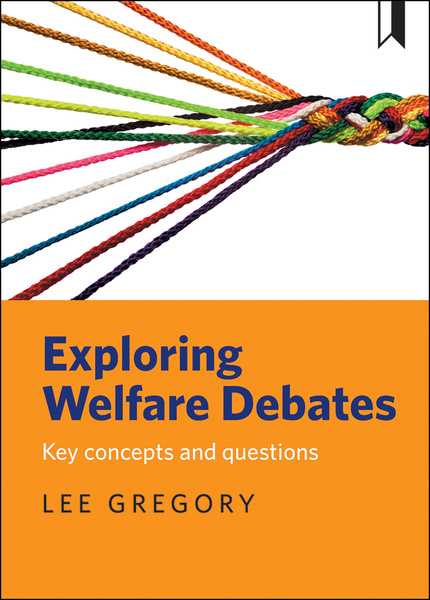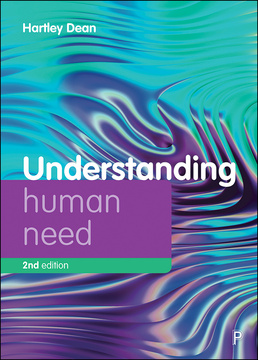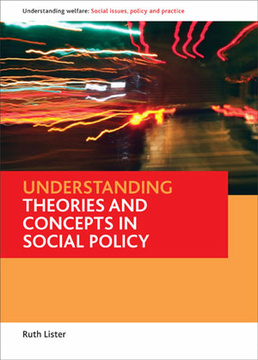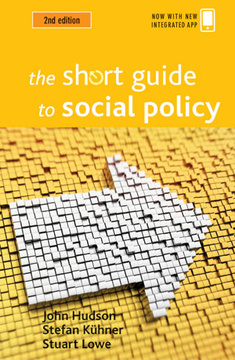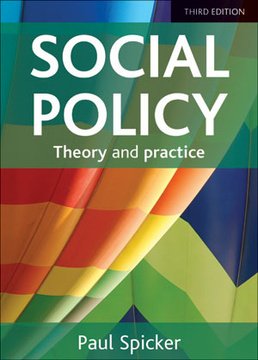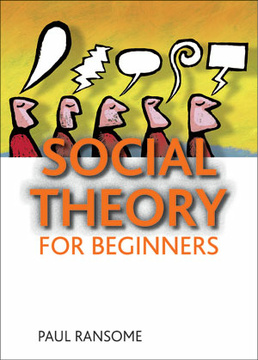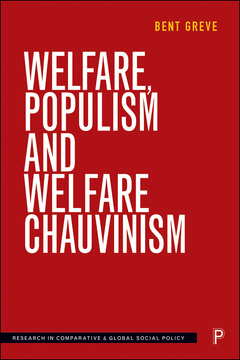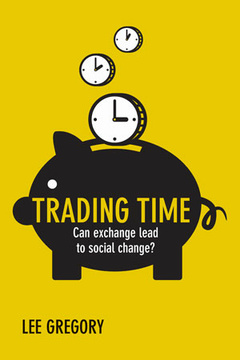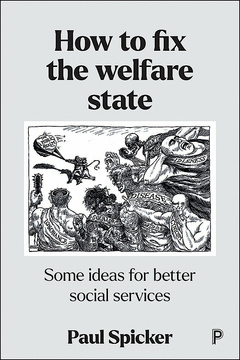Published
May 16, 2018Page count
282 pagesISBN
978-1447326564Dimensions
240 x 172 mmImprint
Policy PressPublished
May 16, 2018Page count
282 pagesISBN
978-1447326557Dimensions
240 x 172 mmImprint
Policy PressPublished
May 16, 2018Page count
282 pagesISBN
978-1447326588Dimensions
Imprint
Policy PressPublished
May 16, 2018Page count
282 pagesISBN
978-1447326595Dimensions
Imprint
Policy PressIn the media
On our blog: 'Conceptual issues in welfare debates'
Visually and pedagogically rich, this wide-ranging introduction to key concepts and debates in welfare uses an innovative, question-based narrative to highlight the importance of theory to understanding welfare. In particular, it:
• Introduces concepts that are core to how policy is formulated and implemented.
• Provides students with a comprehensive vocabulary and toolkit for analysing policy examples and developing social science arguments.
• Includes stimulus material, diagrams, critical thinking activities, further reading lists and a companion website containing further policy examples, podcasts and class activities.
Written by an experienced and inspiring lecturer, this book is suitablefor undergraduate students of social policy, sociology, politics, public policy, social work, health and social care, particularly those taking courses on ‘welfare theory’,‘principles of social policy’, ‘key issues in welfare policy’ and similar.Using some of the hottest current debates about the problems and benefits of state-funded welfare, this book develops students’ social science understanding and analytic skills.
Dr Lee Gregory is Lecturer in Social Policy at the University of Birmingham. Lee’s research interests include poverty and inequality as well as theoretical and conceptual debates about welfare provision. He is specifically interested in the role of welfare provision in perpetuating and challenging social problems.
Introduction;
What is welfare and why pursue it?;
Who recieves welfare support, and for what?;
Who should provide welfare support?;
Is universal provision sustainable?;
How does policy shape the experience of welfare support?;
Is the welfare state always in crisis?;
How does risk change the welfare state?;
Is social policy about control?;
Conclusion.







